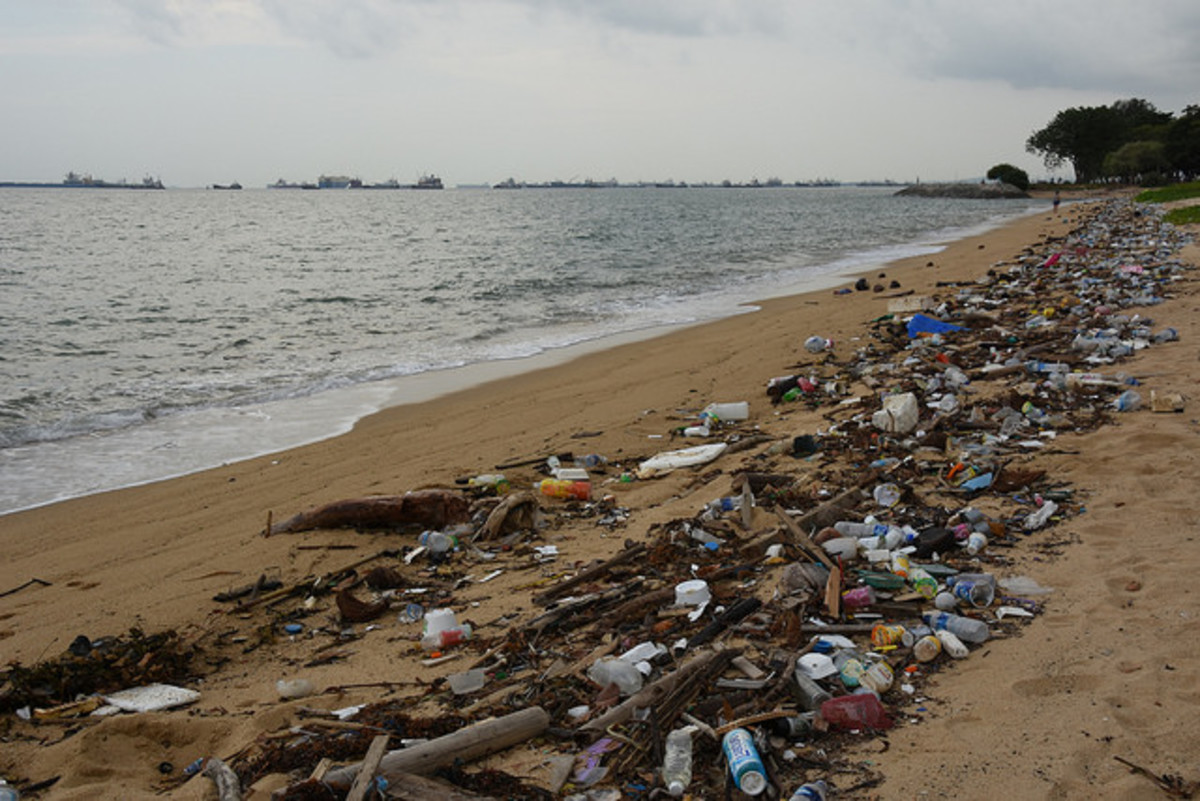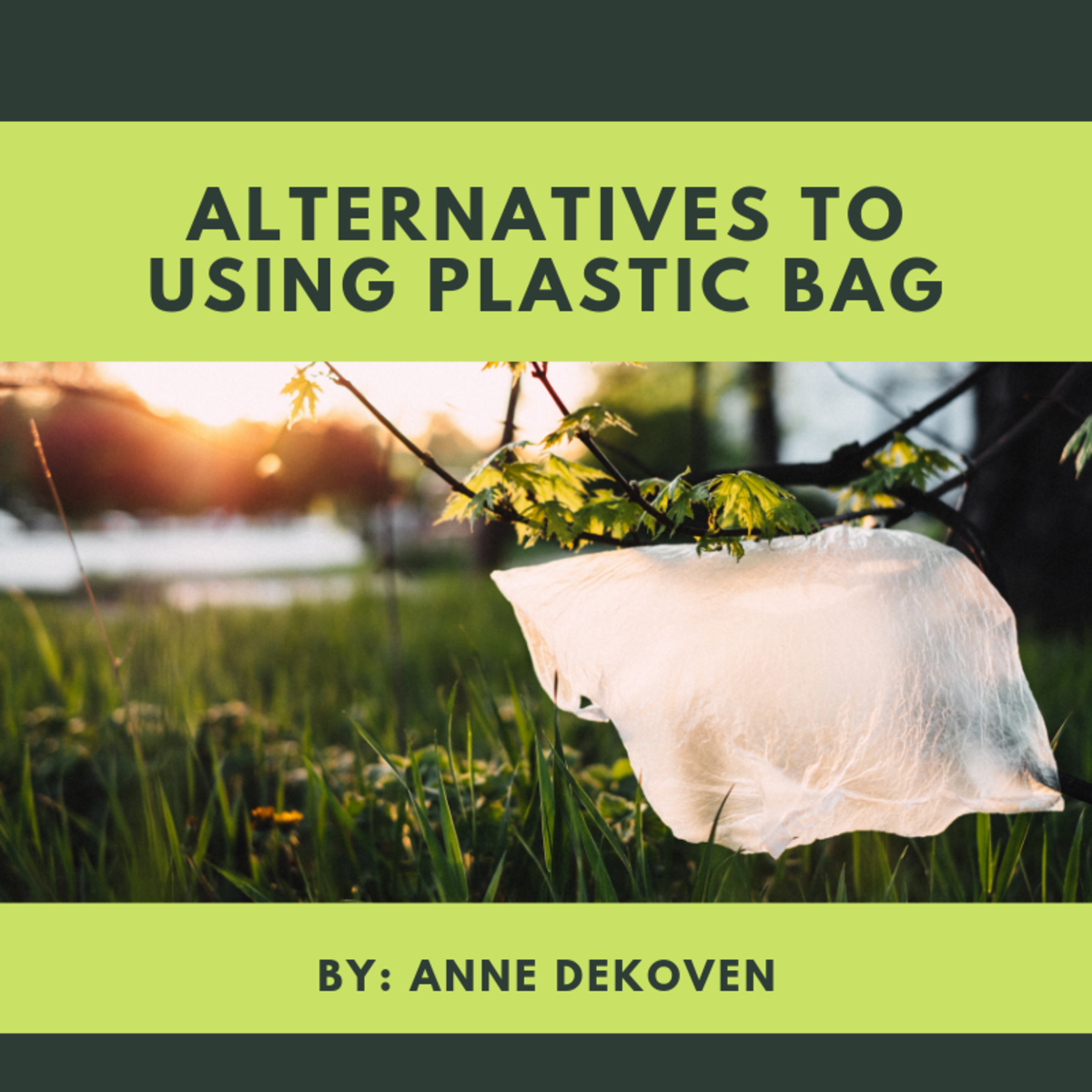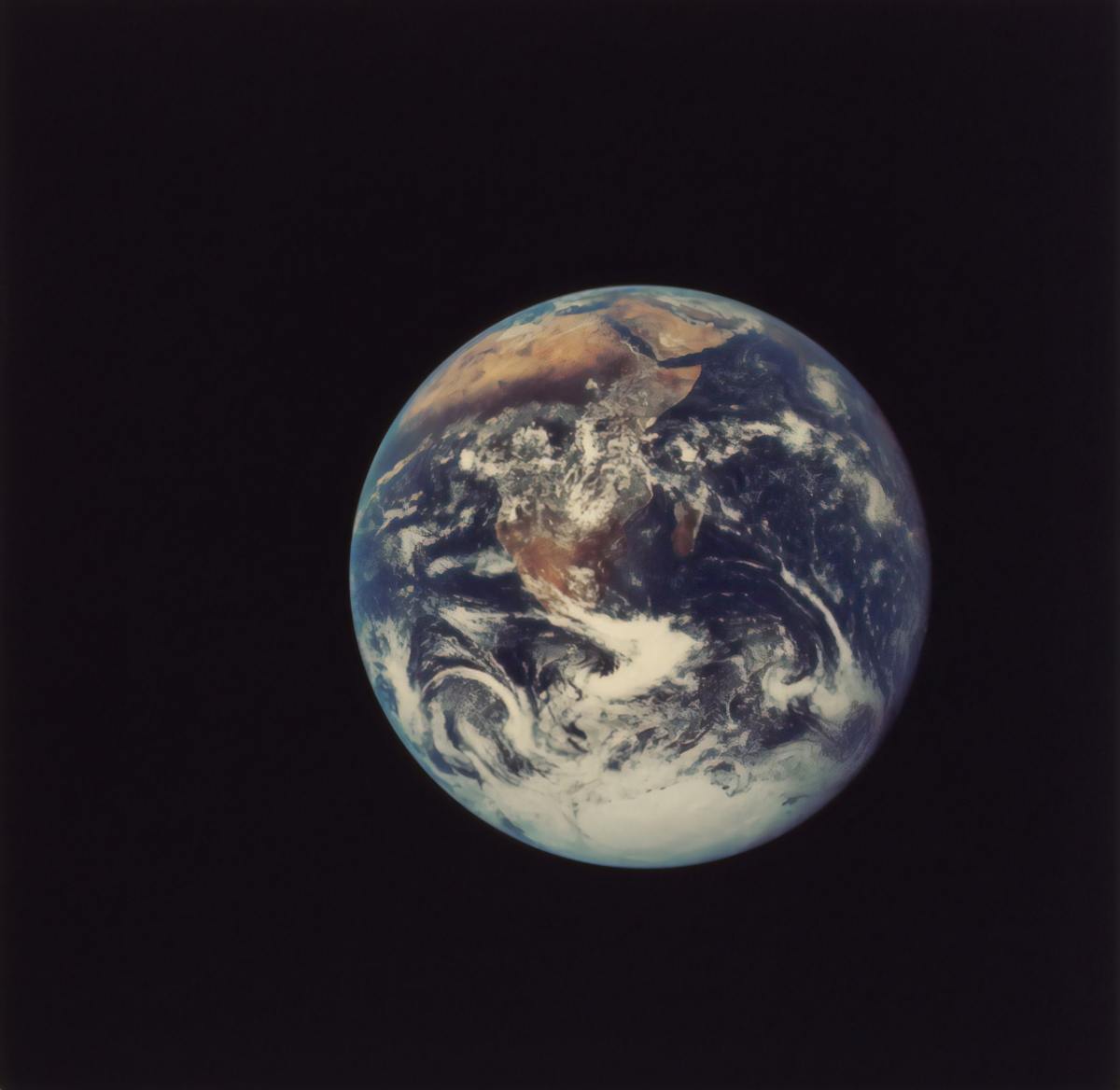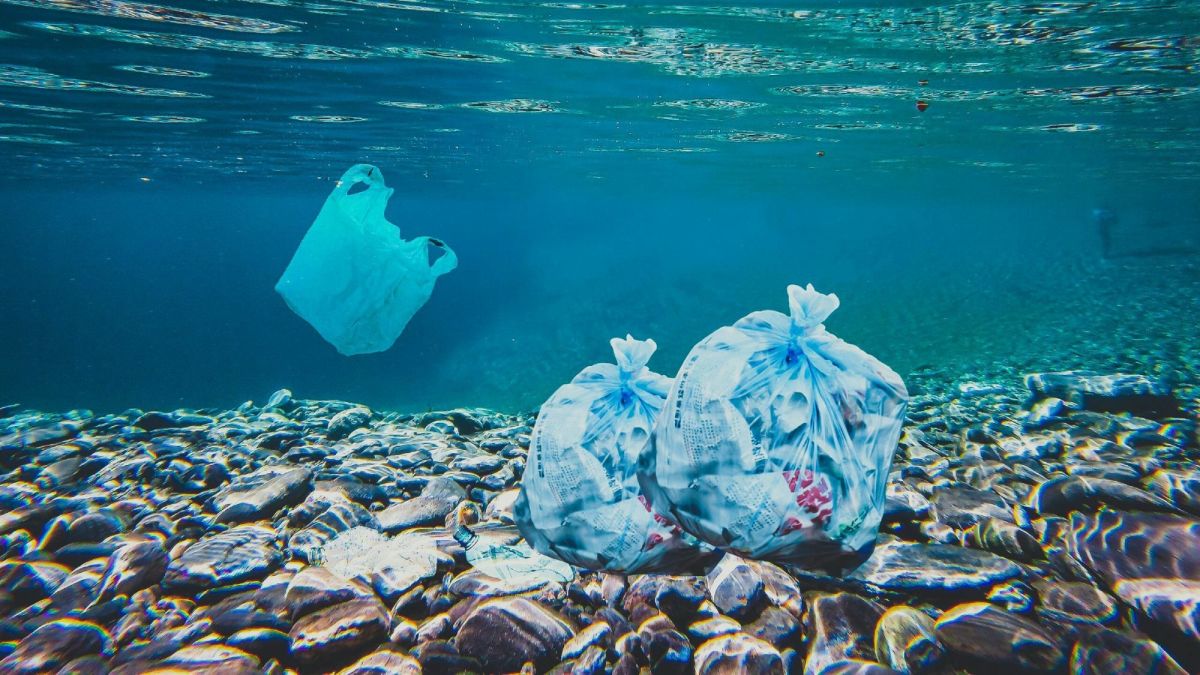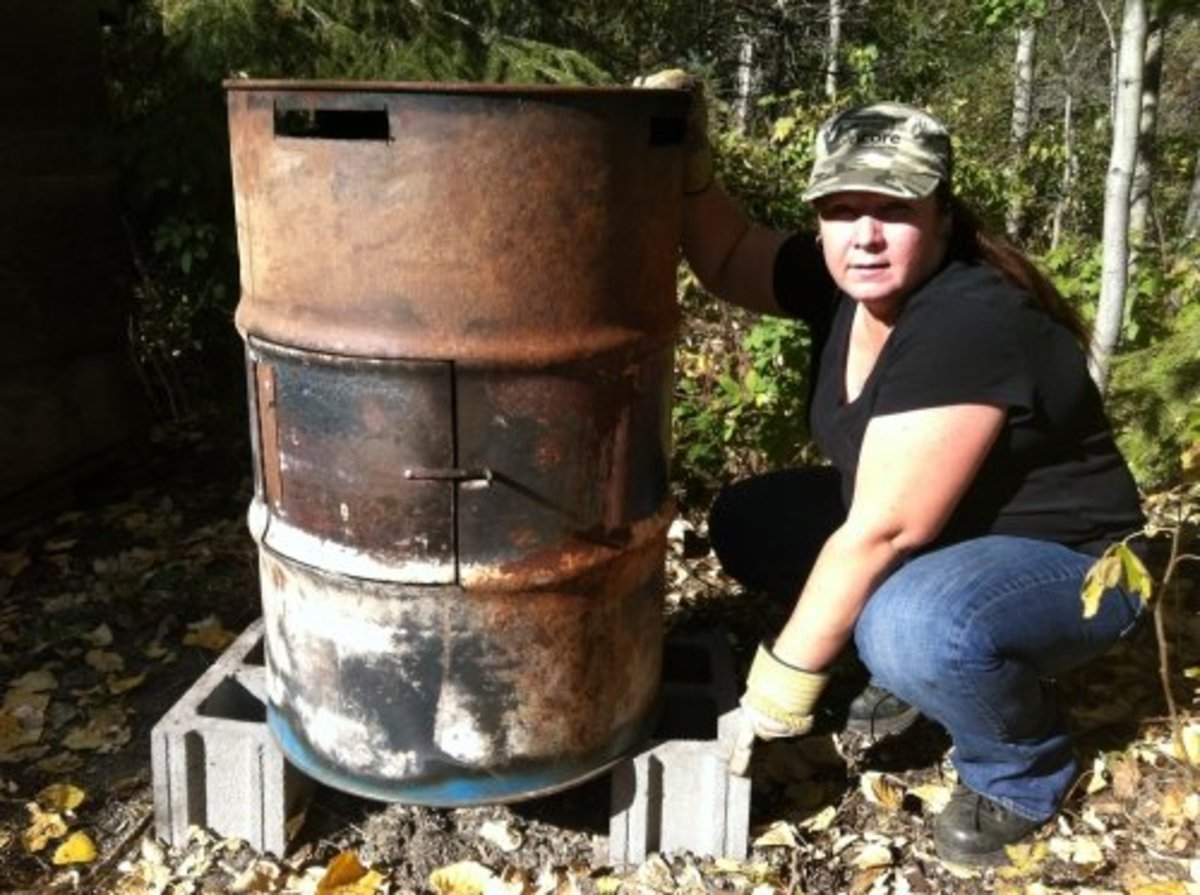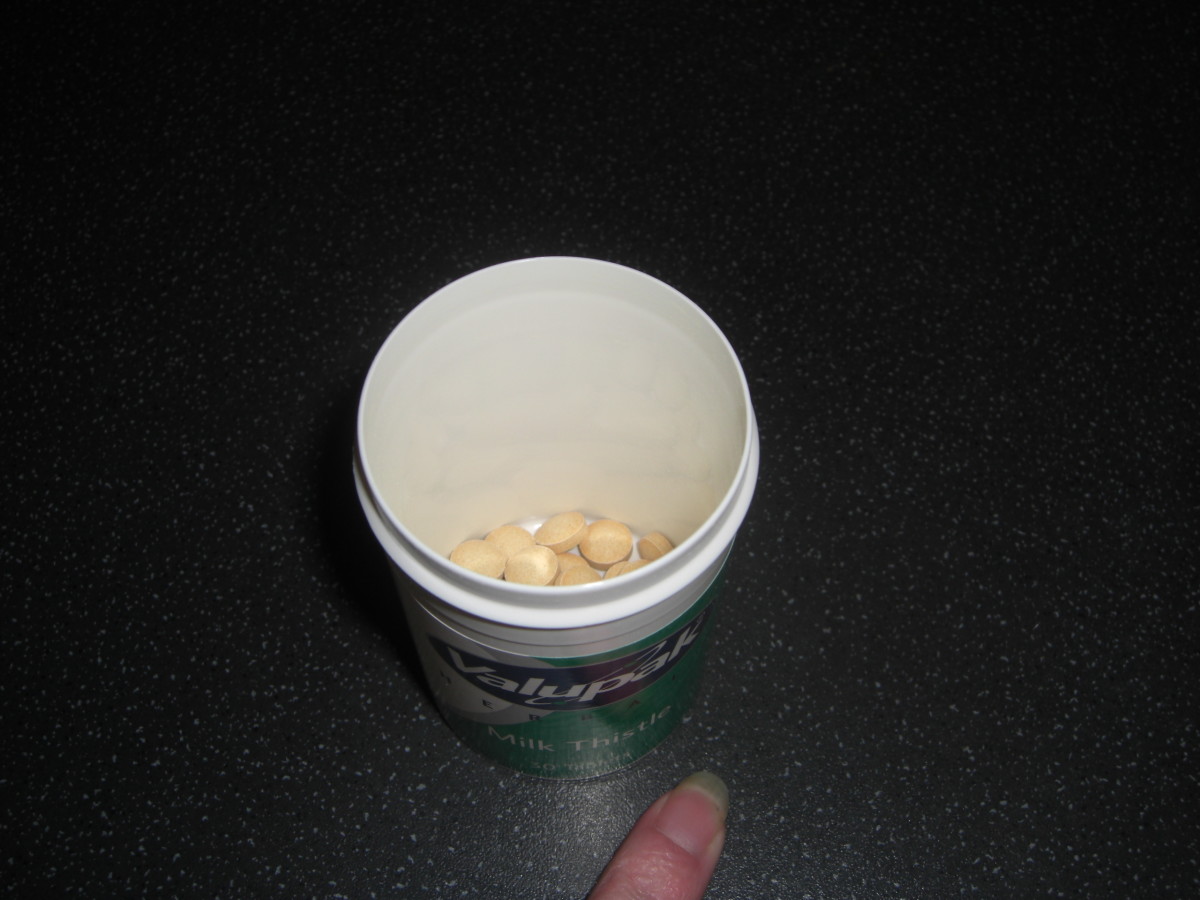Plastic bags banned in Hawaii statewide
Plastic shopping bags
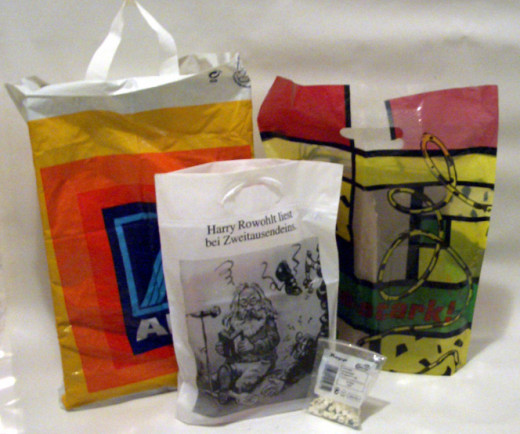
Plastic bags are taking over the world and polluting it badly
Thrown away plastic bags are everywhere, discarded by people, blown by the wind, carried by rivers and floating on the ocean tides. They are filling our landfills too.
Plastic bags are killing off wildlife fast, seriously polluting the seas and even entering the food chain all the way up to us. As the plastic breaks down into smaller pieces it gets swallowed by sea creatures and fish and we eat fish and seafood. You see, it doesn’t biodegrade but, due to the action of sunlight and environmental forces, just becomes smaller and smaller pieces. It even ends up as plastic sand in real beaches.
One of the Dirtiest Beaches in the World - Hawaii - Message in the Waves - BBC
Hawaii takes action
This has happened at Hawaii's Kamilo beach which has been described as the "dirtiest beach in the world." However, the State of Hawaii has decided that enough is enough and has taken action. Honolulu Mayor Peter Carlisle has signed a bill banning plastic bags as of July 1, 2015. This gives time for the bags to be phased out there, and there will be some exceptions to the rule, such as newspapers that are delivered in plastic bags and for packaging frozen foods.
Other American cities, such as San Jose, San Francisco, Pasadena, Monterey, Long Beach, and other cities in California, have already taken action by banning the bags, though the bans only affect the cities concerned. Hawaii is going statewide with their ruling banning the bags.
Plastic from a beach
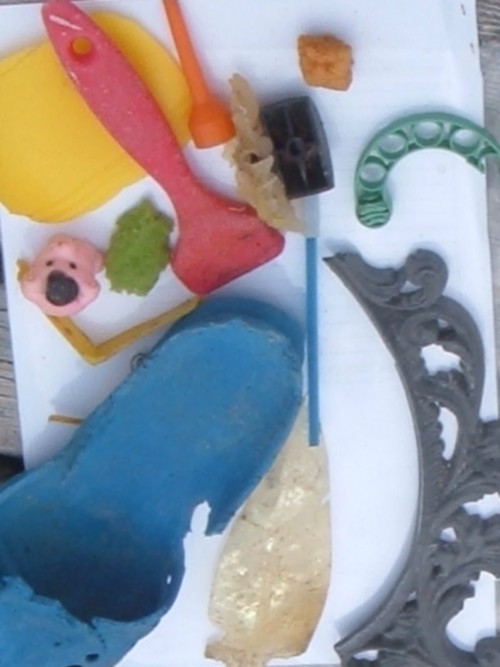
Plastic kills marine birds and animals
The plastic arrives in the oceans in tons daily and there it gets swallowed by ea animals and birds. Whales, turtles, sea birds like albatrosses and many fish have plastic inside them now. They are unable to digest this rubbish or pass it through them in many cases and often die as it accumulates and fills their stomachs.
Whales that have beached and died have been found with stomachs full of rubbish they have swollen including whole single-use plastic bags. Dead turtles have been discovered to have literally thousands of bits of plastic inside them. These massive marine reptiles eat jellyfish and when they see a floating plastic bag they eat it thinking it is their natural food.
Parent albatrosses feed the plastic trash they find floating on the ocean's surface to their chicks and they die horrible deaths with bellies full of garbage such as plastic lighters and toothbrushes that the parent bird mistook for sea creatures such as squid.
All species of albatross are endangered now and the main threat to them is thrown away plastic that pollutes the seas.
If all of that isn’t bad enough, the plastic is also poisonous because it absorbs additional dangerous toxins and these poisons get into the food chain all the way up to our dinner plates. The National Oceanic and Atmospheric Administration (NOAA) states:
"… Plastic debris accumulates persistent organic pollutants (POPs) such as PCBs (polychlorinated biphenyls) up to 100,000 to 1,000,000 times the levels found in seawater (Mato et al. 2001). Oceanic fragments have also tested positive for other POPs, such as DDT, PAHs, and aliphatic hydrocarbons. Many of these pollutants, such as PCBs and DDTs, are known endocrine disruptors and developmental toxicants."
The minute particles of plastic get eaten too by all the plankton-feeders. These marine animals simply suck in the seawater expecting to be getting their food but often swallowing toxic plastic in the process now. In some parts of the ocean, tests have shown there to be as much as 6 parts of plastic to one of plankton. This is very disturbing news indeed!
Plastic swallowed by albatrosses in the Pacific ocean - Hawaii: Message in the Waves - BBC
David de Rothschild and The Plastiki
The floating plastic accumulates in the oceans in vast gyres of swirling rubbish. There are five main gyres and the Great Pacific Garbage Patch has been estimated to be twice the size of Texas.
In 2009, adventurer and author David de Rothschild sailed past this in an epic expedition from San Francisco to Sydney, Australia aboard a plastic catamaran, aptly called the Plastiki. It was made up of 12,500 plastic water bottles.
David's aim was to raise world awareness of the problem of marine pollution due to plastic and to call attention to the reuse that can be made of our resources as well as the need for recycling as much as we can.
It is a tragic reality that only a very small percentage of discarded plastic gets actually recycled because the costs are too high. Most of it ends up in landfills or in the environment somewhere!
David urges us all to use the four Rs, which are Recycle, Reuse, Refuse and Rethink. We can help the situation by refusing plastic as much as possible and by rethinking how we use things in our lives and in society at large.
His book Plastiki: Across the Pacific on Plastic: An Adventure to Save Our Oceans was published in 2011 by Chronicle Books and tells the story of the voyage in words and pictures. If features the memories of David and his crew as well as essays by guest writers including Captain Charles Moore, who is a leading campaigner to get something done fast to clean up our oceans.
TEDxGreatPacificGarbagePatch - David de Rothschild - Tackling Our Nature Deficiency Disorder
Plastic bags poll
Do you think it is a good idea to ban plastic bags?
What can be done?
There is no simple solution to the problem which we have all had a hand in creating. Plastic is such a big part of modern life. Just look around where you are at this moment and count the plastic objects you can see.
However, there are things we can all do to at least hopefully stop the situation getting any worse. We need to stop the plastic getting out into the environment and into the sea. Much of it gets there carried by rivers and washed down drains in storms.
One thing everyone can do is to cut down the amount of plastic you are buying and using. Get a reusable drinking bottle for filling with water and that cuts out buying single use plastic water bottles. Stainless steel reusable bottles such as those made by Klean Kanteen can be bought from many suppliers. They look rather good too and come in a range of colours and styles. Help start a trend with your own shiny drinking bottle!
Instead of accepting plastic carrier bags from the shops why not take your own reusable shopping bag? More and more shoppers are doing this and it is quite easy to get a cloth or canvas shopping back. You can make a visual statement to the world by using such a bag and it encourages other people to do likewise.
Then, of course, we can all reuse many of the plastic items we have instead of throwing them away, and finally we should recycle as much as we can too.
This plastic nightmare affects us all and the more of us who take action in some way the better it will be for the future! Let us try to get our oceans back to how they once were and as Mother Nature intended them to be!

